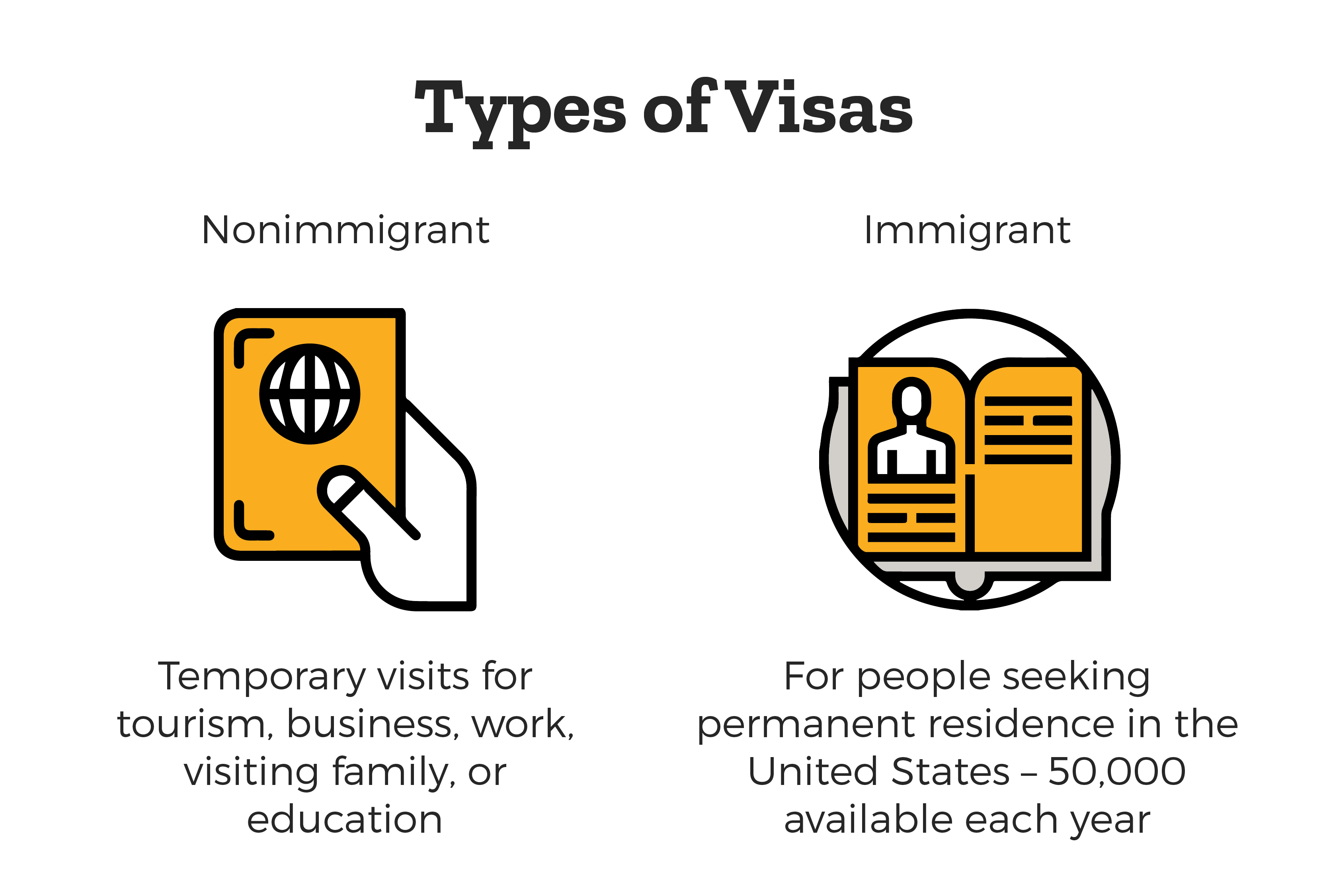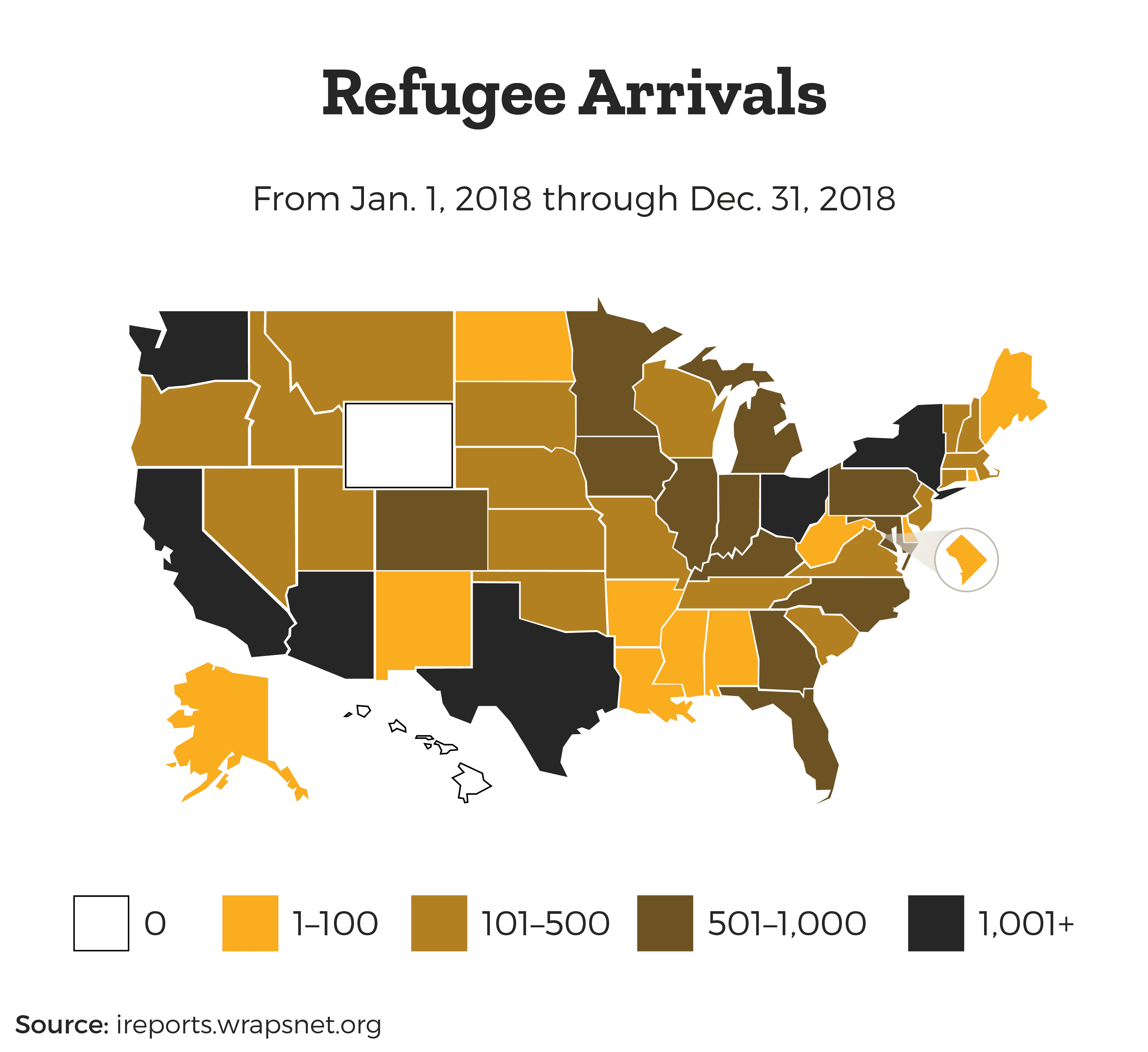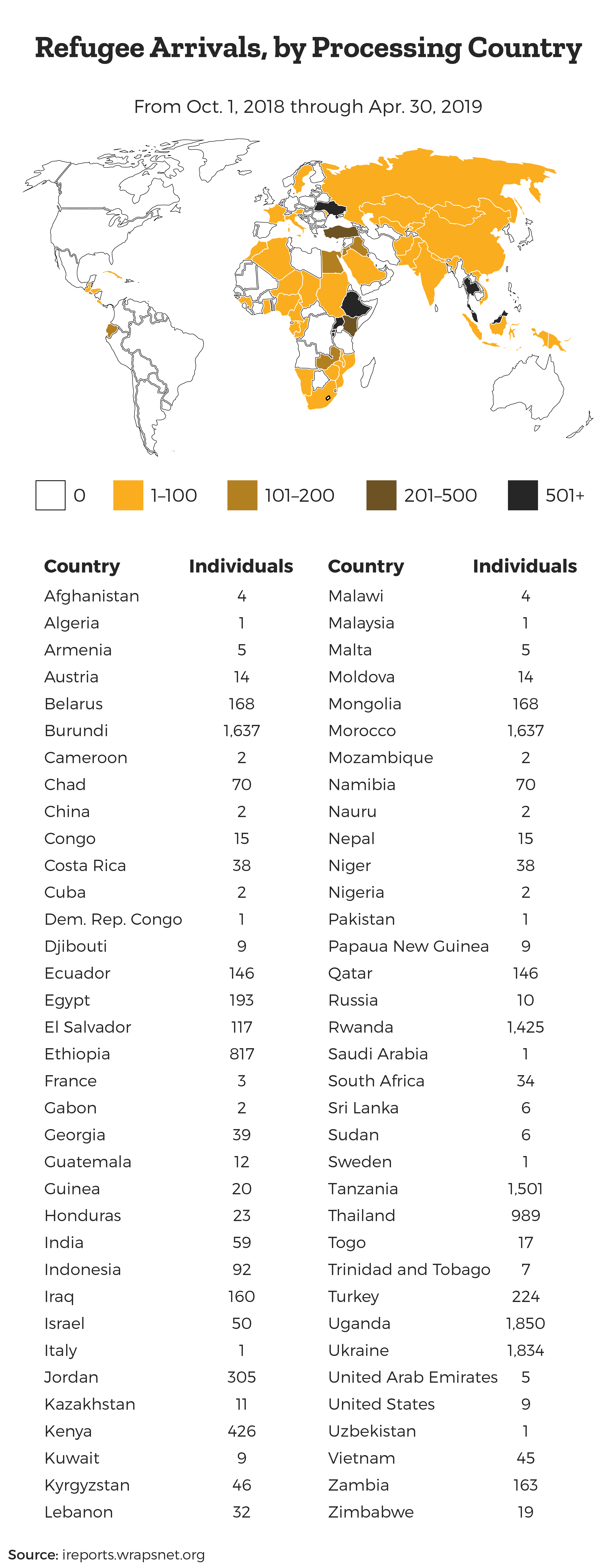What Does American Citizenship Mean?
A citizen could be defined as a member of society, possessing all rights and privileges granted to any person under its constitution and government and subject to all duties relating thereto.
This status is typically granted automatically to any living person by their country of origin. However, citizenship may be granted to any such person who is living in a country other than their country of origin by way of the legal process. In the United States, federal law governs all immigration matters. More specifically, the U.S. Constitution has allocated absolute power to Congress as it relates to regulating matters of immigration policy. This has led to certain restrictions for noncitizens living in the U.S., such as deprioritization for public sector employment, for example.
The United States passed its first significant piece of immigration policy with the Naturalization Act of 1790. As decades passed, U.S. legislators passed more immigration-related legislation, which increased the scrutiny of immigration procedures. In 1965, the Immigration and Nationality Act consolidated and created a more uniform American immigration policy scheme. Modernly, these policies have largely evolved from race-based scrutiny toward more factually intensive-based criteria. Moreover, American immigration policy continues to be a significant source of legislative debate as it continues to evolve today.
Currently, there exist a variety of paths to citizenship in any given country. However, persons who occupy the United States without or contrary to the legal process are referred to as illegal aliens. Those who lawfully enter the United States for short periods are known as nonimmigrant aliens. Noncitizens who lawfully occupy the United States for long periods are known interchangeably as immigrant aliens or lawful permanent residents (LPR, also referred to as having a green card). Further, none of these classifications enjoy the fullest extent of rights as those guaranteed to citizens. These rights include the right to vote, serve on a jury, and many other constitutional due process guarantees. Notably, upon finding a noncitizen’s unlawful presence within the United States, that noncitizen is also not entitled to the same due process protections as a citizen.

Just as U.S. citizenship may begin, it may also be ended. The voluntary and formal process by which citizenship is ended is known as renunciation. In cases in which a citizen wishes to renounce their U.S. citizenship, a formal procedure is held before a U.S. official or designated diplomatic officer. At which point, the citizen seeking to renounce will sign an oath of renunciation to objectify and commemorate their intention to renounce their citizenship. Legally, this process is not to be confused with expatriation, which generally refers to the act of leaving one’s country of origin to live in another country. This may or may not involve a legal renunciation of citizenship in the expatriat’s country of origin. Accordingly, U.S. citizens may legally obtain citizenship in another country while maintaining their status as a U.S. citizen. This situation is generally known as dual citizenship.
Noncitizen Admissibility
Noncitizens may be admitted into the United States for a variety of purposes. In any given case, these purposes may or may not involve a path to citizenship. As noted previously, the duration of the entry may be indefinite or limited to a specific time frame. All cases in which a noncitizen attempts to enter the United States require prescreening. The prescreening process is evaluated based on specific criteria such as: criminal history, national status, and nature/purpose of the visit. Noncitizens may be admitted temporarily into the United States based on what is known as a visa.
What Are Immigrant Visas ?

A visa is not to be confused with a grant for permanent residence or citizenship. Generally, a visa is a document that states admission has been requested for a specific purpose, such as studying or temporary employment, and a qualifying prescreen has been conducted and approved. But it is not an absolute grant of admissibility. Visa-based entry may be denied or revoked based on a variety of other grounds, which may be evaluated before or after admission into the United States. Certain visas may be renewed or extended upon application. However, noncitizens who remain in the United States beyond the durational limits of their visas may be subject to deportation and other penalties, such as being barred from reentry into the United States.
Recently, controversy has arisen as a result of government proposals to increase immigration scrutiny directed toward specific countries and domestic attempts to repeal immigration protections, such as Deferred Action for Childhood Arrivals (DACA). As global migrations have increased dramatically in recent years, this process has become congested and may take several years to complete in some cases.
What is Deportation of a Non-citizen?
Deportation refers to the process by which a noncitizen is removed from the U.S. and transported back to their country of origin. The purpose of these proceedings is to reduce the overall presence of illegal aliens in the United States as a matter of law enforcement. This process begins with a procedure known as removal during which a noncitizen’s status relating to inadmissibility and/or deportability is evaluated as a matter of due process. Accordingly, grounds for deportation must be stated before the actual deportation may proceed.
Some examples of valid reasons for deportation include but are not limited to: criminal acts (particularly true in cases involving violent crimes), marriage fraud, national security risks, and failure to comply with applicable immigration-related documentation requirements. Also, such offenses may also be considered grounds for barring reentry into the United States. Notably, the standard legal rules of evidence are not applicable during these proceedings. Thus, the standard by which evidence will be weighed at such procedures is relevance.
This is a lower standard (less strict) than that of a traditional civil legal proceeding (typically preponderance of the evidence). This means that evidence need only have a tendency to prove or disprove some aspect relating to the immigration issue(s) presented, even if the nature of that relationship is somewhat remote. To defend themselves from deportation, noncitizens may hire an immigration attorney to represent them during these proceedings. However, an attorney will not be provided or paid for by the government. Deportation may be prevented by demonstrating that the noncitizen’s presence in the United States is legal.
Although any accredited law enforcement agency may investigate the legality of a noncitizen’s presence in the United States, a variety of federal government agencies are tasked with and specifically empowered to enforce immigration law in various forms and settings. These agencies are entities of the executive branch of the U.S. government, operating under the color of federal law. More specifically, they are extensions of the United States Department of Justice (USDOJ). Some of these agencies include: U.S. Citizenship and Immigration Services (USCIS), Immigration and Customs Enforcement (ICE), Customs and Border Protection (CBP), and the Department of Homeland Security (DHS).
The formation of some of these agencies was prompted by the attacks that took place on Sept. 11, 2001, and subsequent anti-terrorism legislation passed in response thereto, such as the Providing Appropriate Tools Required to Intercept and Obstruct Terrorism (PATRIOT) Act of 2001. However, in the wake of concerns relating to individual privacy, some of these actions have been highly controversial and have been revised since their inception.
What Is Refugee Status and Asylum?
Upon showing certain risks present in their country of origin, a noncitizen may enter and remain in the United States based on asylum. Such classes of persons are known as asylees and may only be granted such status on a well-founded demonstration of persecution based on race, religion, nationality, membership in a particular social group, or political views. Courts will apply a legal test to ensure that asylum-seekers meet these criteria and may be properly granted entry into the United States. Asylum-seekers must petition the government for a grant of protection within one year of arrival in the United States. Asylum-seekers are also subject to many of the same procedural rules and penalties as other immigration applicants, such as bars to reentry.
Variations of this concept exist such as temporary protected status (TPS), which is generally granted to foreign nationals affected by armed conflict or national disasters in their country of origin. Asylum-seekers originating from countries classified by the United States as harbors of terrorism may face complications in obtaining asylum or even be denied altogether as a result of broad legislative discretion granted to courts based on national security concerns.
How Many Refugee’s Arrive In Each U.S. State?

What Are The Qualifications For Refugee Status in America?
Refugee-status is an alternative designation for individuals who meet the following qualifications as defined by the U.S. Citizenship and Immigration Services:
- Is located outside of the United States
- Is of special humanitarian concern to the United States
- Demonstrates that they were persecuted or fear persecution due to race, religion, nationality, political opinion, or membership in a particular social group
- Is not firmly resettled in another country
- Is admissible to the United States
How Many Refugee’s Arrive By Country?

